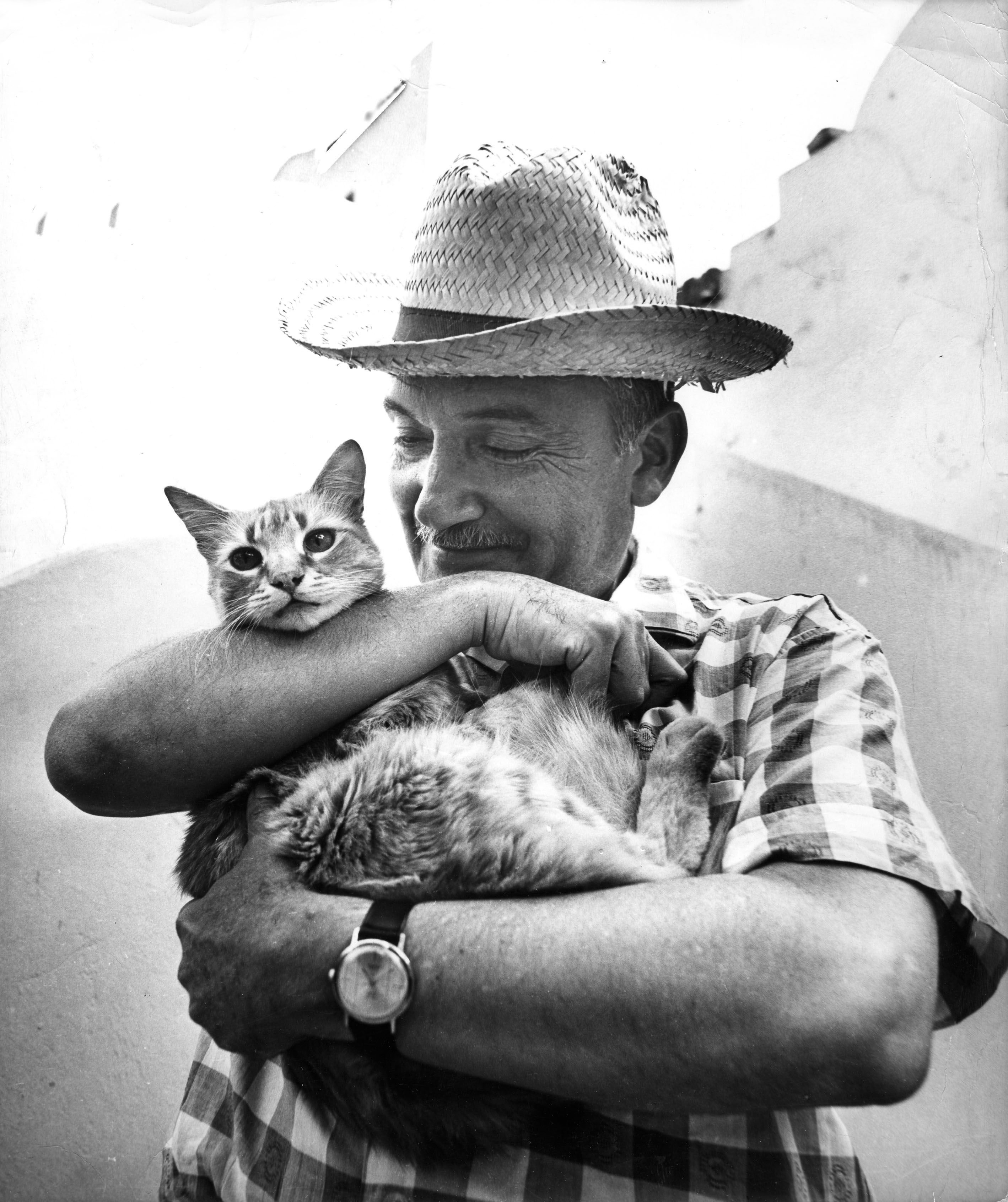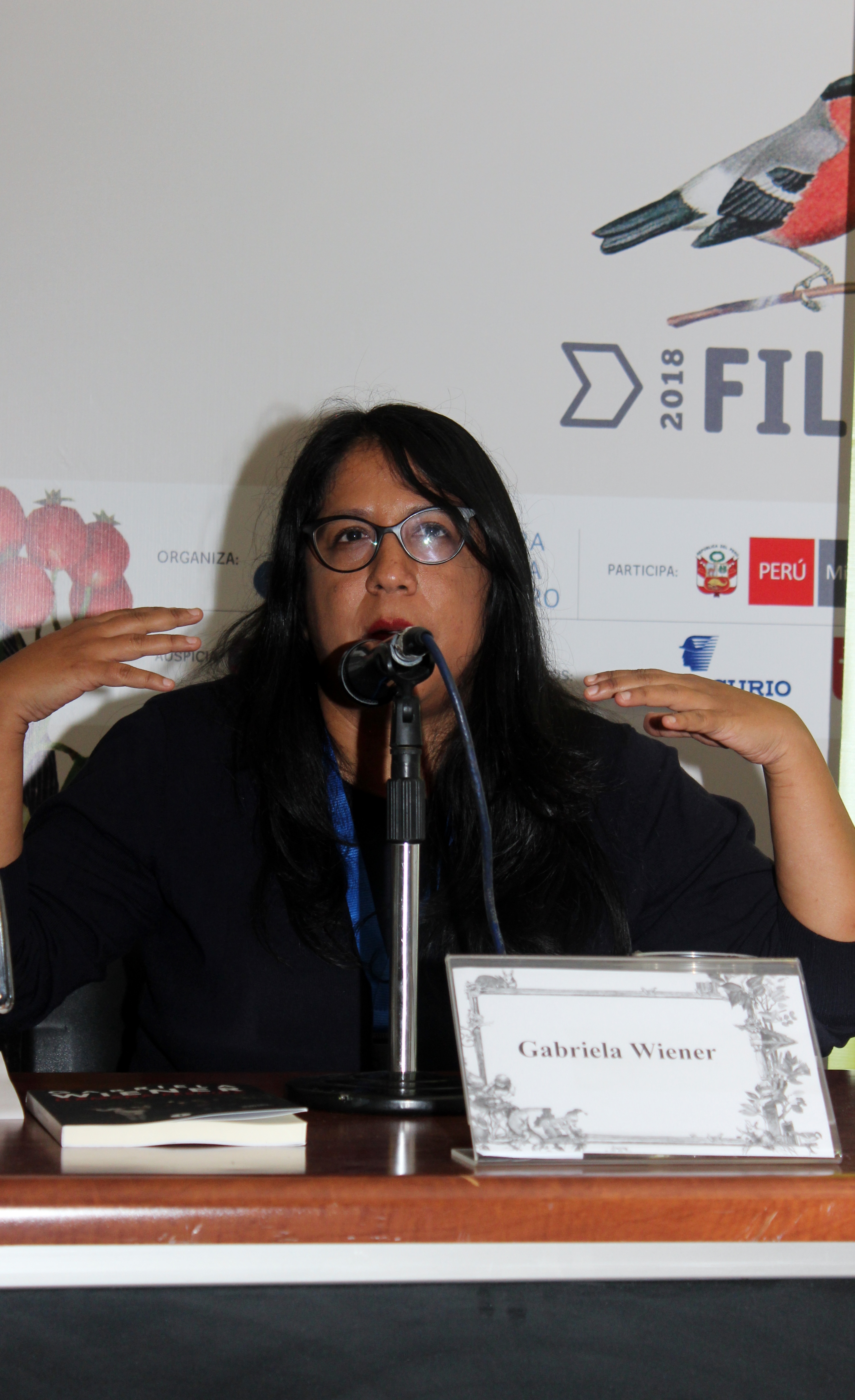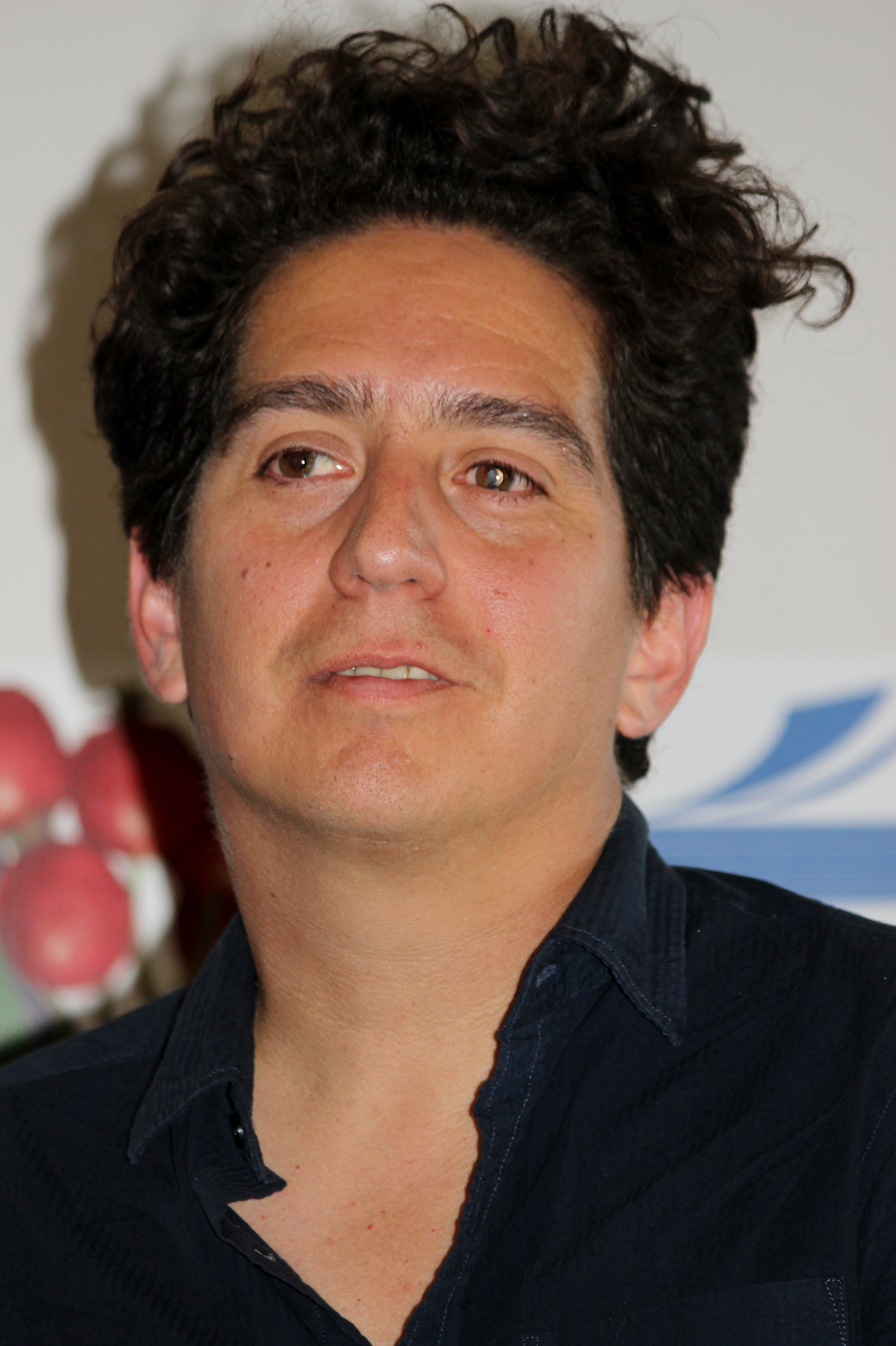Discover Peru’s rich diversity and natural beauty through the eyes of the best Peruvian authors and their most highly regarded works.
Peru shares a border with five other South American nations and s a uniquely alluring destination. It boasts lush rainforest jungles, a long glittering coastline, and remote mountainous regions. Peruvian society is a mosaic of European heritage and deeply rooted, diverse indigenous customs. This diversity is part of what makes Peru so appealing but is also the reason for its long history of conflict.
In the 1960s, several South American writers were exiled to Europe because of their outspoken opposition to the violence and injustices in their countries. They joined forces to bring attention to their causes, and together, they gained worldwide acclaim.
Today, there is again a resurgence of interest in literature from Peru and the surrounding regions, and again, much of these authors’ work delves into complex social and political forces. These authors give readers a glimpse of this lovely yet complicated nation’s intricate inner workings If you’re looking for more, check out our round-up of the best Polish authors!
Contents
1. Mario Vargas Llosa, 1936 –

Vargos Llosa is the most widely known and highly regarded Peruvian author. He began his writing career at 16 years old when he worked as a journalist for a local newspaper while attending Leoncio Prado Military Academy in Lima. Vargos Llosa would continue working as a journalist and broadcaster while studying Law and Letters at The National University of San Marcos in Lima and later at the University of Madrid in Spain.
Vargos Llosa’s body of work comprises numerous plays, essays, historical fiction novels, thrillers, and mysteries, nearly all centered on sociopolitical commentary. Vargos Llosa was quite politically active and outspoken, like many Latin American writers. He narrowly lost the presidency in 1990. In 2010, he was awarded the Nobel prize for literature, mainly owing to his ongoing efforts to expose the nuanced interworkings of political structures.
His first novel, The Time of the Hero (originally La Ciudad, y Los Perros, literally translated, The City, and the Dogs.), draws upon Vargas Llosa’s experience in the military academy and is sharply critical of the Peruvian military establishment. It was met with international critical acclaim and the outrage of Peruvian military leaders. This polarized reception of his work has continued throughout his career.
“A clean conscience might help you to get into heaven. but it won’t help your career.“
Mario Vargas Llosa, The Time of the Hero
2. José María Arguedas, 1911-1969

Though not widely read outside Latin America, José María Arguedas occupies an important place in Peru’s literary history. Arguedas lost his mother at only three years old, and his father, an itinerant judge, soon remarried. Arguedas was left for long periods with his new stepmother and her son, who he described as “perverse and cruel.” During those years, he took solace among the indigenous Quechua living in his stepmother’s servants’ quarters.
For Arguedas, the time he spent with the Quechua people was an education in Peru’s marginalized indigenous population’s language, lore, and customs. He would later study ethnology at university and focus his writing on exploring the tensions between the mestizos (Peruvians with European heritage) and native Andean cultures. His work is lauded for its loving and accurate representations of the Quechua as well as the natural beauty of Peru.
Only two of Arguedas’s novels have been translated into English. Deep Rivers, inspired by events in his own life, is the tale of a teenage boy raised by indigenous servants who must now learn to fit in at a Catholic boarding school. In Yawar Fiesta, Arguedas explores cultural perspectives through the annual indigenous bullfight, which celebrates the traditional peoples’ triumph over oppressive colonial rule.
“From the mountain peaks streams descend and flow near the town; in the cascades the white water is calling, but the mistis [mestizos] do not hear it. On the hillsides, on the plains, on the mountaintops the yellow flowers dance in the wind, but the mistis hardly see them.”
José María Arguedas, Yawar Fiesta
3. César Vallejo, 1892 – 1938

César Vallejo was the 11th child born into his family in a remote village in the Andean mountains. Both of his grandfathers were Catholic priests, while both grandmothers were indigenous Quechua. From these humble beginnings, Vallejo would become one of the most highly regarded poets of the 20th century.
As a young man, Vallejo frequently had to pause his education to work in the sugar plantation fields. While he worked to earn enough money to return to school, he often witnessed injustices against the impoverished indigenous people. This experience greatly influenced both his political ideology and his writing.
Vallejo wrote essays, plays, and novels, but he is remembered most for his poetry. He published only three collections of poems, which have now been consolidated into the bilingual Complete Poems of César Vallejo. Vallejo’s work is considered groundbreaking because of its frequent use of colloquialisms and innovative text structures. He believed that these departures from literary norms highlighted the disparity between an individual’s aspirations and the limitations that society places on them.
“The arts (painting, poetry, etc.) are not just these. Eating, drinking, walking are also arts; every act is an art.”
César Vallejo, Aphorisms
4. Blanca Varela, 1926 – 2009
Born and raised in Lima, Peru, Blanca Varela is considered one of the most influential Latin American poets. Perhaps because her mother was a renowned composer, Varela was drawn to the arts from an early age. She studied humanities at the National University of San Marcos and met her husband there, an artist and sculptor.
The young couple moved to Paris and became involved with a group of other Latin American expatriates who frequently met to discuss their art and how they could retain their Latin American culture and participate in the international art scene. Among them was Octavio Páz, the Nobel Prize-winning Mexican author who became her mentor and literary champion.
Varela did not publish her first book of poetry until she was 33. She published 11 collections, and her work has been translated into six languages. Her work is often considered radical and surrealist. In many of her poems, there is both a literal, easily understood meaning and a more complex, nuanced message that lies beneath the surface.
“dreams scorch the skin of man
Blanca Varela, Family Secret
human skin burns disappears
only the mutt’s red pulp is clean
the true light dwells in the crust of its eyes
you are the dog
you are the skinned mongrel every night
dream of yourself and let that be enough”
5. Gabriela Wiener 1975 –

Gabriela Wiener is the daughter of a political analyst and a social worker, so it should be no surprise that her work is a provocative exploration of contemporary social and political issues. Wiener earned her undergraduate degree in literature and a master’s degree in Historic Culture Communications before becoming a journalist. In addition to writing, Wiener is currently a doctoral student and a literary translator.
Wiener and a handful of other female writers have sparked a new interest in Latin American writing that resembles the 1960s boom, which made several South American male authors international stars. Her prose and poetry primarily concern the human body and how its physical form, desires, and limitations can define a person’s life experiences.
Gabriela Wiener’s first book to be translated into English, Sexopraphies, is a collection of personal essays that recount her interviews with sex workers and therapists and examine such issues as gender, prison tattoos, polyamory, and motherhood. Because she approaches these controversial topics with an engaging, forthright, and humorous style, she is often credited with making her readers feel comfortable enough to confront once-taboo subjects.
“I was brought up to be argumentative, and my first love, my country, makes for a good sparring partner”
Gabriela Weiner, Sexographies
6. Daniel Alarcón, 1977 –

Daniel Alarcón was born in Lima, Peru, but moved to the United States as a young child. Though he writes in English, his South American heritage and sensibilities are an inextricable part of his work. He earned a Master of Fine Arts from the Iowa Writer’s Workshop and a Fulbright scholarship to study in Peru. Alarcon began his writing career as a journalist for American and Peruvian publications, including The New Yorker and Etiqueta Negra.
Alarcón’s short stories have been widely anthologized, and his debut novel, Lost City Radio, was translated into ten different languages. The German translation earned him the International Literature Award. Alarcón is also the co-founder of NPR’s famous Spanish language broadcast, Ambulante, and is a journalism professor at Columbia University.
Lost City Radio is the story of a radio broadcaster named Norma, who has been a voice of consolation for the poor mountain farmers in an unnamed country that has endured civil war for ten long years. Each day, she reads the names of the disappeared and reunites lovers, families, and friends long separated by political turmoil. This gripping tale explores the long-term social and personal effects of war.
“What does the end of a war mean if not that one side ran out of men willing to die?”
Daniel Alarcón, Lost City Radio
7. Claudia Salazar Jiménez, 1976 –

Claudia Salazar Jiménez was born in Lima, Peru, and earned her undergraduate degree in literature from The National University of San Marcos in Lima. She later moved to New York and earned a Ph.D. in Latin American Literature.
Though Salazar Jimenez continues to reside in New York City, her work is undeniably linked to her Peruvian heritage. She was a professor of Latin American literature at Sarah Lawrence College, has published numerous Spanish language anthologies, and founded PeruFest, New York City’s first Peruvian film festival.
Blood of the Dawn, Salazar Jimenez’s 2016 debut novel, is a courageous and horrifying account of the 1983 massacre of 69 Peruvian villagers. Readers experience the tragic events and their aftermath through the eyes of three very different women – a young journalist, an impoverished mother, and a teacher coerced into joining forces with the villagers’ killers. It is a riveting look at the complex effects of poverty and social structures, particularly for Peru’s female population.
“How many were there it hardly matters twenty came thirty say those who got away counting is useless crack machete blade a divided chest crack no more milk another one falls machete knife dagger stone sling crack …”
Claudia Salazar Jiménez, Blood of the Dawn
Looking for more? Check out the best Portuguese authors!